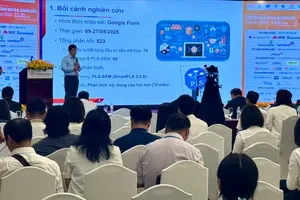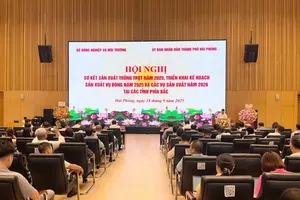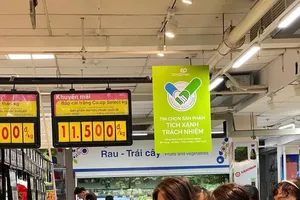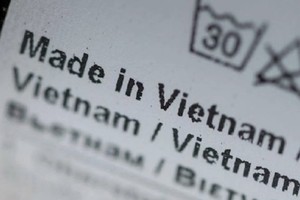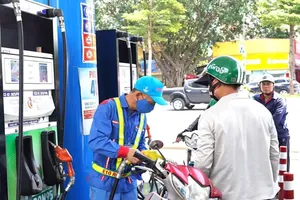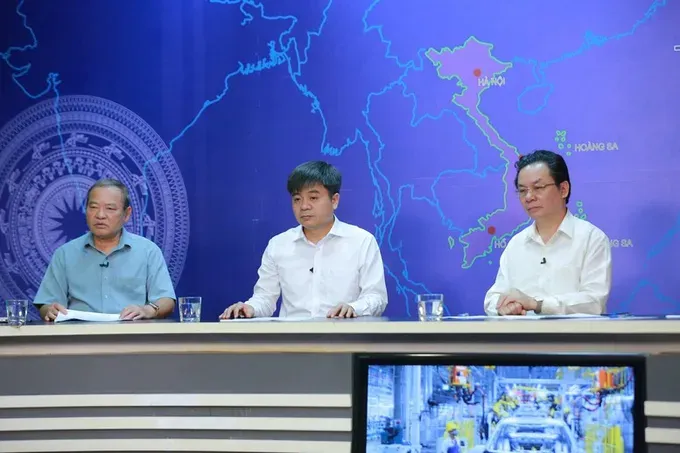
At the seminar titled “Localizing the Auto Industry for an Independent and Self-Reliant Economy” hosted by the Government Portal on September 18, experts, government officials, and business leaders convened to address the persistent challenges facing Vietnam's automotive sector.
The consensus among participants was that Vietnam's heavy reliance on imported components necessitates the implementation of mandatory localization policies to foster a more competitive and self-sufficient industry.
Despite decades of government support, the localization rate for vehicles remains critically low. Specifically, the localization rate for passenger cars is a mere 10 percent–20 percent, while rates for trucks and buses, though higher, have not met initial projections. This dependency on foreign components results in an annual import expenditure of nearly US$10 billion, which undermines the competitiveness of domestic products and hinders the development of a robust local supply chain.
These findings highlight a pressing need for binding mechanisms that compel manufacturers to localize production, which is considered essential for ensuring the industry's sustainable development and enhancing national economic independence.
Professor Hoang Van Cuong, Vice Chairman of the State Professorship Council and National Assembly Deputy, emphasized that the policy of localization is correct and inevitable. However, relying only on taxes and incentives is not enough; there must be tools requiring manufacturers to meet localization targets, otherwise survival will be difficult.
According to Director Nguyen Van Hoi of the Institute for Industry and Trade Strategy and Policy Research under the Ministry of Industry and Trade, in 2024 the Vietnamese market consumed about 580,000 automobiles, including both imports and domestically produced vehicles. It is projected that by 2030–2035, demand could reach 900,000 to one million units per year, highlighting enormous potential.
Delegates also pointed out that the automotive industry plays an important role—not only in job creation and building a production ecosystem, but also as a foundation for the development of other industries. Therefore, Vietnam needs to promptly issue new standards and regulations aligned with trends in green economy, artificial intelligence, and smart management, while simultaneously encouraging and requiring enterprises to increase their localization rate.
